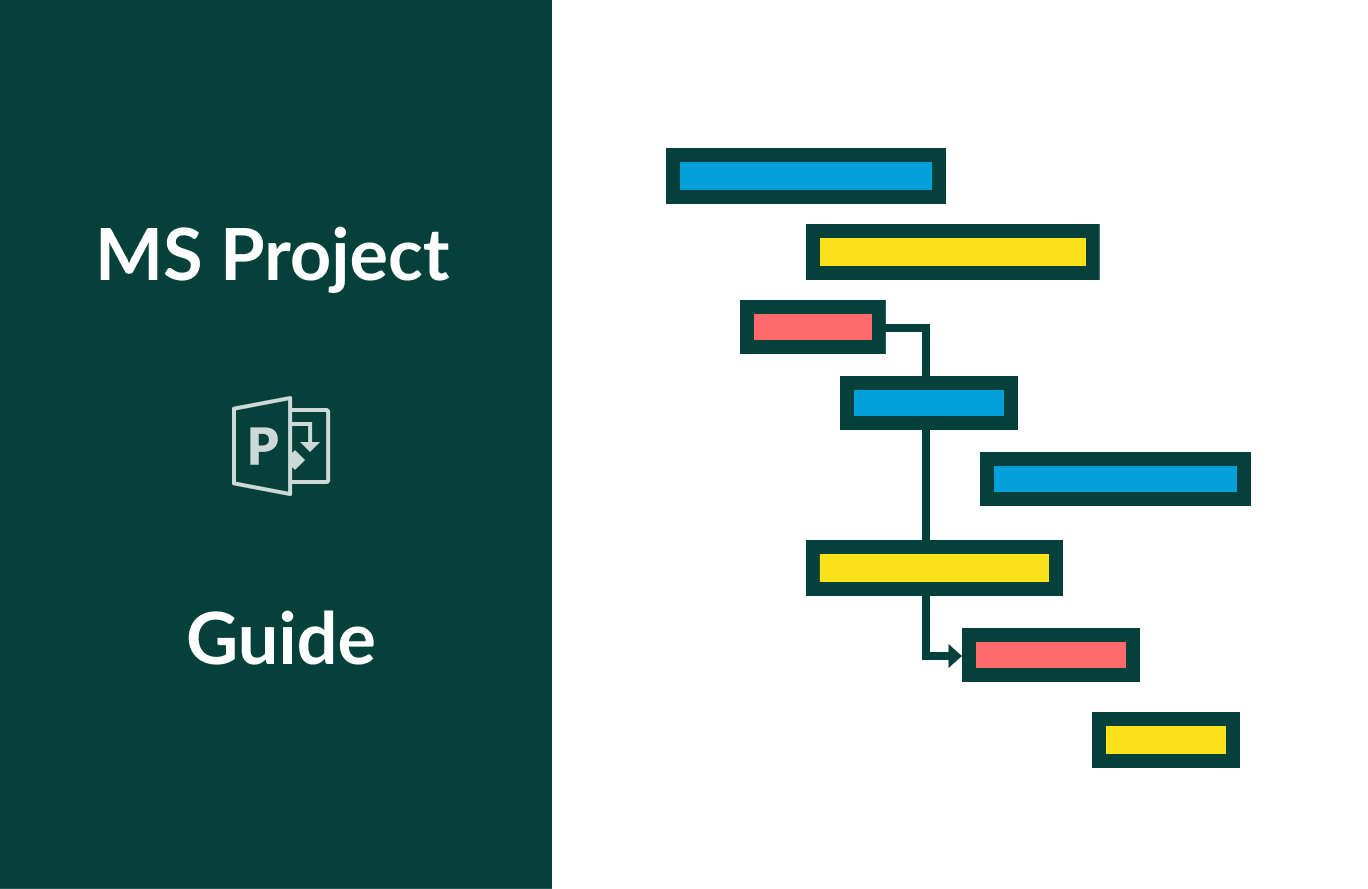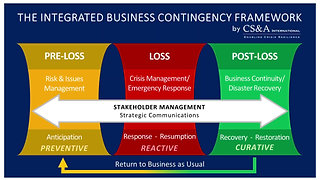
There are various degrees available in the field of human resources. You have the option of a Bachelor's, Master’s or Doctoral degree. HR professionals typically have a Bachelor’s or higher degree. This field can also be helped by an Associate degree.
Bachelor's degree
An online bachelor's program in human ressources is an ideal choice for anyone working in this area. Online education allows you to work from home and not need to travel to classes. Online courses can be completed whenever you are available. The curriculum of an online degree program in human resources includes courses in management, economics, and ethics.
A bachelor's degree in human resource management typically takes four to five years. The course covers introductory, intermediate and advanced material. The program also usually requires a capstone project or internship. Master's degrees are a great option if you are looking to grow your career. An advanced degree is possible in human resources, which can open doors to higher levels.

Master's degree
A Master's degree in human resources can prepare you for a wide range of roles. The degree program covers the fundamentals of human resources management. You can also choose elective coursework that is relevant to your professional goals. A small class size ensures that you receive personalized attention from your professors. You can complete your degree in two years depending on how busy you are.
A Master's degree in human resources is a good investment in your career. It is not necessary to have a job, but it can help you improve your skills and increase the potential for earning. Many universities offer HR graduate certificates. These certificates can help you develop your knowledge and skills, without having to take a full degree. Some employers also offer additional training to their employees.
Doctoral degree
A doctoral degree is available in human resources to help you become an organizational leader. This degree will allow you to manage individuals, groups, and entire organizations. Furthermore, you will learn to motivate your team and analyze data qualitatively as well as quantitatively. Learn how to analyze people, organizations and make sound decisions to increase organizational effectiveness.
Many online programs offer Doctoral degrees in human resource management. You should make sure that the institution you choose is accredited in order to receive a top-quality education. Accreditation will not only ensure that your degree will get recognized by third parties, but also allow you to apply for federal financial aid. Accreditation agencies, which are private organizations that accredit educational institutions, hold them to certain standards.

Associate degree
An Associate degree in human resources can help you gain the skills you need to succeed in this field. Human resources professionals must be able manage and organize their teams. They also need to be able to communicate with employees and resolve problems. They need to be knowledgeable about the basics and laws surrounding employment. They must also understand the relationship between an employee and an employer, as well as the effects of collective bargaining and unions.
An Associate Degree in Human Resources online is available if you want to work for a company. Many programs provide financial aid to students who are financially in need. You might be eligible for grants and scholarships from outside sources. Talk to your employer about workplace-based help. Many companies will offer partial and full rides to people who have relevant work experience.
FAQ
What are the five management methods?
The five stages of any business are planning, execution, monitoring, review, and evaluation.
Planning is about setting goals for your future. Planning includes setting goals for the future.
Execution takes place when you actually implement the plans. It is important to ensure that everyone follows the plans.
Monitoring is a way to track progress towards your objectives. Regular reviews of performance against budgets and targets should be part of this process.
Each year, reviews are held at the end. They allow for an assessment of whether all went well throughout the year. If not, then it may be possible to make adjustments in order to improve performance next time.
Following the annual review, evaluation is done. It helps to identify what went well and what didn’t. It also provides feedback on the performance of people.
How do we create a company culture that is productive?
Successful company culture is one where people feel valued and respected.
It is founded on three basic principles:
-
Everybody has something to offer.
-
Fair treatment of people is the goal
-
Individuals and groups can have mutual respect
These values can be seen in the behavior of people. They will treat others with kindness and consideration.
They will be respectful of the opinions of other people.
They can also be a source of inspiration for others.
Company culture also encourages open communication, collaboration, and cooperation.
People are free to speak out without fear of reprisal.
They know mistakes will be accepted as long as they are dealt with honestly.
Finally, the company culture promotes honesty and integrity.
Everyone knows that they must always tell the truth.
Everyone understands there are rules that they must follow.
No one is entitled to any special treatment or favors.
What are the most important management skills?
No matter if they are running a local business or an international one, management skills are vital. These skills include the ability manage people, finances and resources as well as other factors.
You will need management skills to set goals and objectives, plan strategies, motivate employees, resolve problems, create policies and procedures, and manage change.
As you can see, there's no end to the list of managerial duties!
Statistics
- The profession is expected to grow 7% by 2028, a bit faster than the national average. (wgu.edu)
- Hire the top business lawyers and save up to 60% on legal fees (upcounsel.com)
- UpCounsel accepts only the top 5 percent of lawyers on its site. (upcounsel.com)
- As of 2020, personal bankers or tellers make an average of $32,620 per year, according to the BLS. (wgu.edu)
- 100% of the courses are offered online, and no campus visits are required — a big time-saver for you. (online.uc.edu)
External Links
How To
How can you implement Quality Management Plan (QMP).
Quality Management Plan (QMP), which was introduced in ISO 9001:2008, provides a systematic approach to improving processes, products, and services through continual improvement. It emphasizes on how to continuously measure, analyze, control, and improve processes, product/service, and customer satisfaction.
QMP is a standard way to improve business performance. QMP is a standard method that improves the production process, service delivery, customer relationship, and overall business performance. QMPs must include all three elements - Products, Services, and Processes. If the QMP focuses on one aspect, it is called "Process." QMP. QMP stands for Product/Service. The QMP that focuses on customer relationships is known as the "Customer" QMP.
Two main elements are required for the implementation of a QMP. They are Scope and Strategy. They can be described as follows:
Scope: This determines the scope and duration of the QMP. For example, if you want to implement a QMP that lasts six months, then this scope will outline the activities done during the first six.
Strategy: This is the description of the steps taken to achieve goals.
A typical QMP includes five phases: Design, Planning, Development and Implementation. Each phase is described below:
Planning: This stage identifies and prioritizes the QMP's objectives. To understand the expectations and requirements of all stakeholders, the project is consulted. Next, you will need to identify the objectives and priorities. The strategy for achieving them is developed.
Design: This stage is where the design team creates the vision, mission and strategies necessary for successful implementation of QMP. These strategies are then put into practice by creating detailed plans.
Development: Here, the development team works towards building the necessary capabilities and resources to support the implementation of the QMP successfully.
Implementation: This refers to the actual implementation or the use of the strategies planned.
Maintenance: The maintenance of the QMP is an ongoing task.
In addition, several additional items must be included in the QMP:
Stakeholder Engagement: It is crucial for the QMP to be a success. They are required to actively participate in the planning, design and development of the QMP, as well as the implementation and maintenance phases.
Project Initiation: The initiation of any project requires a clear understanding of the problem statement and the solution. In other words, they must understand the motivation for initiating the project and the expectations of the outcome.
Time Frame: This is a critical aspect of the QMP. A simple version is fine if you only plan to use the QMP for a brief period. For a long-term commitment you may need more complicated versions.
Cost Estimation. Cost estimation is another crucial component of QMP. Without knowing how much you will spend, planning is impossible. Before you start the QMP, it is important to estimate your costs.
QMPs should not be considered a static document. It changes with the company. It should be reviewed on a regular basis to ensure that it is still meeting the company's needs.